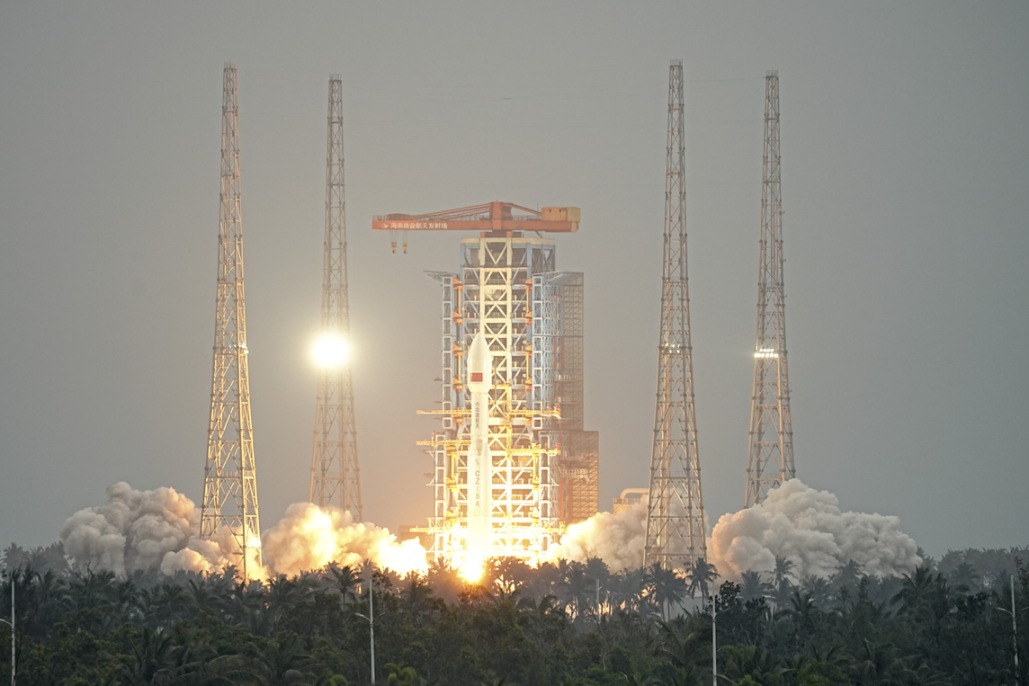Health official advises against non-essential holiday trips


Travelers are advised to reduce unnecessary trips during the upcoming Spring Festival holiday, due to increased population movements and logistics that would pose a potential risk for the spread of the novel coronavirus, an official with the National Health Commission said on Wednesday.
It is projected the number of overseas travelers arriving in China will rise during this year's Spring Festival travel rush, which begins on Jan 28 and ends on March 8, piling pressure on the country's work in fending off imported infections, according to Wang Bin, an official with the commission's disease prevention and control bureau.
The scale of domestic population movements and logistics, as well as the number of indoor gatherings are all likely to increase during the annual festival, potentially aiding the spread of the novel coronavirus.
According to Wang, the key measure to contain heightened risk around the Spring Festival holiday is for every sector of society, including local governments, high-risk institutions such as airports and ports as well as individuals, to strictly enforce disease control measures.
"Government departments in charge of managing the travel rush are required to step up training and rehearsals for emergencies, and work on sharing information with each other," she said.
The transportation sector should strengthen preparation by stockpiling medical equipment, arranging disease control personnel and setting up quarantine facilities in advance.
She also urged the public to keep practicing personal hygiene habits, such as wearing masks and washing hands regularly.
- Answers
- CPC leadership meeting urges steadfast implementation of eight-point decision on improving conduct
- Ethiopian coffee trading center unveiled in Zhuzhou
- Mouse births pups after space mission, paving way for future research
- Autumn grain purchases exceed 200m tons in China
- Public chooses names for China's space-traveled mice





































